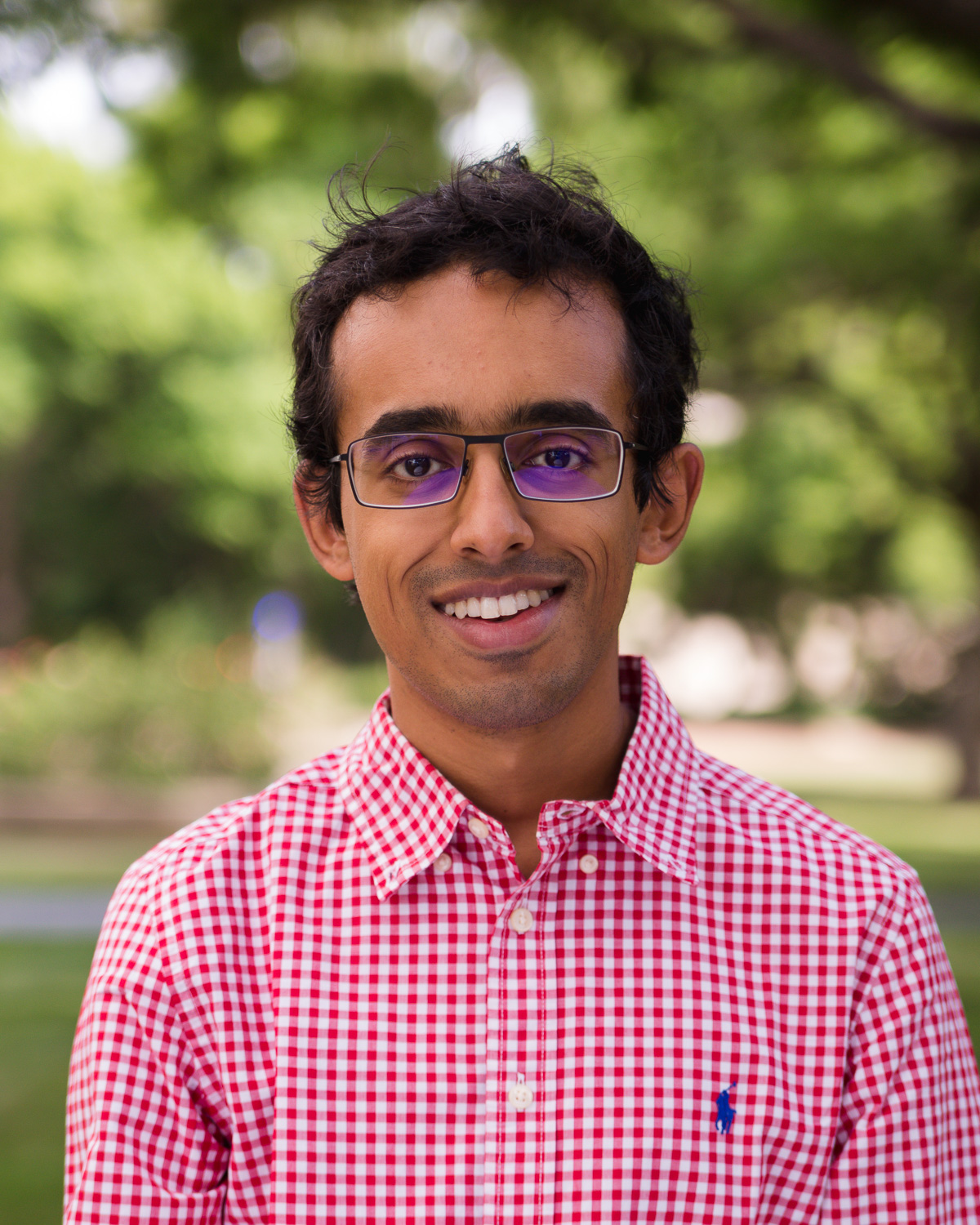I am a theorist broadly considering the role that computational complexity has in entanglement. Foundational questions of how the Hilbert space should be defined were previously though to be purely mathematical details, but it seems that they might have different computational powers. This probably would have been surprising to people like von Neumann when they were writing down the axioms of quantum mechanics because they would not have thought that thinking about computer programs would have anything to do with this. The unexpected connection between quantum mechanics with all this deep math and then computer science is one thing that I find really cool about this area.
In computer science people care a lot about proof systems. One topic that I work on is multi-proofer entracted (MPE) proofs and how they are related to quantum computing. In these systems, two people or systems are spatially separated which raises some interesting questions. What does it mean to have two systems that are separated? And in what way does entanglement makes it possible for them to prove more computational problems, particularly problems that come from the quantum realm?
My current work is thinking of protocols in the MPE model for computational problems, and then proving that these protocols actually work so the provers cannot falsely prove something that is not true. I do a lot of math with pencil and paper to understand what sorts of things two parties sharing an entangled state can do. If they have measurements and you know something about the properties of their measurements, what can you deduce from that? It’s a lot of working with matrixes. The MPE is not really realistic, but classical research has ways to take results from this model and import them over to a more realistic use. In the quantum world, this is yet to be done, but that is something that I want to investigate over the course of my post doc.
